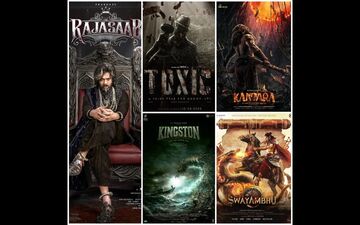Movie Review: Traffic has its heart in the right place
Traffic carries the burden of tragedy. The film’s 41-year-old director Rajesh Pillai passed away before his Hindi remake of the Malayalam original, could begin its run at the cinema halls today.
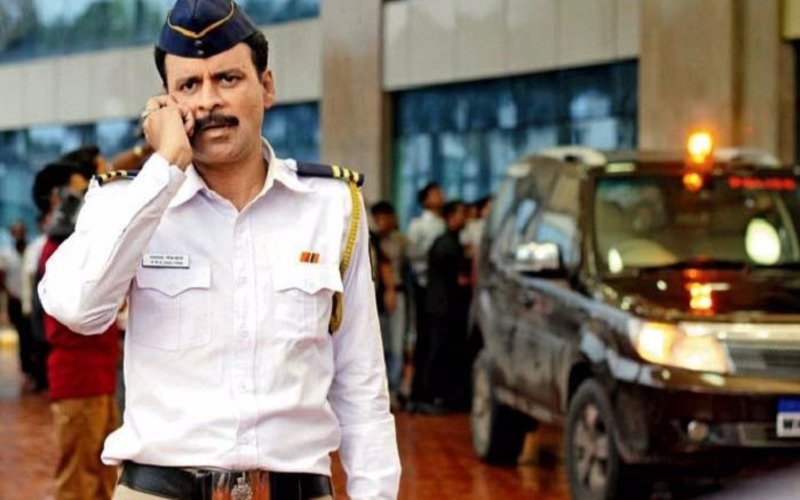

Traffic carries the burden of tragedy. The film’s 41-year-old director Rajesh Pillai passed away before his Hindi remake of the Malayalam original, could begin its run at the cinema halls today.
Five years ago, Pillai was lauded for his gritty, near docu-drama of a real-life road accident on the streets of Chennai, involving a 15-year-old boy, A P Hithendran. The teenager’s parents had donated his heart to save the life of a nine-year-old girl on the cusp of death.
The Chennai police, in an exceptional act of compassion, had rushed the heart through the traffic-clogged streets of the metropolis for the emergency transplant in the nick of time. Subsequently, the story was retold by different directors of Tamil and Kannada cinema. It was only fitting that Pillai should helm the Hindi version, which reaches a wider national viewership.

Image Source:
One is not quite sure to what extent the director would have approved of the final cut. Like it or not, the editing is choppy and uneven, fast-paced at times, but lapsing into far too many sporadic flashbacks. Moreover, there’s an implausible sub-plot about a cardiac surgeon who may or may not have murdered his wife, since he suspected her of adultery.
Individual backstories apportioned to most of the ensemble’s characters, don’t ring true at all, be it that of an arrogant superstar (Prosenjit Chatterjee, who can’t quite exude star power in this role). Or that of the aforementioned surgeon (Parambrata Chatterjee), who has this fetish about buying a brand new car for that adulterous biwi. Quite a lot of embarrassing hooey there.
Plus, there are extremely contrived plants about two different communities who, in back-to-back scenes, help out in the emergency heart mission. A bid at incorporating the spirit of secularism is great, but not when it’s contrived to the point of incredulity.
Disappointingly, then, the script credited to a caboodle of writers, turns out to be a case of too many cooks spoiling the broth of reality. And by the way, was I seeing things? On Mumbai’s streets, a poster of the Hollywood blockbuster Gravity (2013) is visible, never mind if Traffic is located in 2008.
Thankfully, a substantial section of Pillai’s film still works in stirring the viewer out of complacency. We often grouse about urban chaos, but how about saluting the rare acts of selfless public service?
Indeed, when the plot focuses on Godbole, a disgraced traffic cop (Manoj Bajpayee), you’re grabbed by the collar. Godbole seeks redemption by driving with the heart through the pouring rains, from Mumbai to a Pune hospital, within an impossible deadline. His courage as well as that of a traffic commissioner’s (Jimmy Sheirgill) -- who has okayed the mission -- thrust you to the edge of the seat.

Image Source: Youtube/FoxStarHindi
Whenever they’re on screen, the dramaturgy is as tension-fraught as it gets. Emotionally too, you’re pulled in close to the agony being suffered by the parents (Sachin Khedekar-Kitu Gidwani) of the accident’s casualty lying in a coma. Empathetic too, is the superstar’s wife (Divya Dutta) who strives to remain rational, but can’t prevent herself from a hysterical outburst. If the mission fails, her daughter’s gone.
Unarguably, it’s Manoj Bajpayee’s excellently modulated performance – hunched at the shoulders, purse-lipped and consistently optimistic – which serves as the film’s strongest spine.
Of the ensemble cast, Sheirgill, Dutta, Khedekar, Gidwani and newcomer Amol Parashar as the casualty’s buddy, are uniformly inspired, performing their parts with psychological acuity.
For a tight, fact-based thriller, Traffic has its highs and as many lows. Yet, nothing can subtract from the fact the endeavour has its heart in the right place.
Do have a look. It dares to care. Above all, it articulates the point that there’s hope yet even in a big, bad city, generally accused of asinine apathy.
Thumbnail Image Source: farnazfever
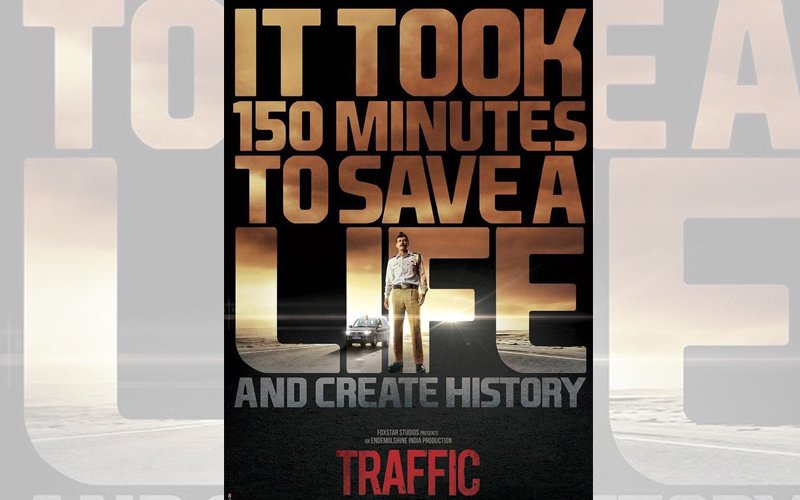

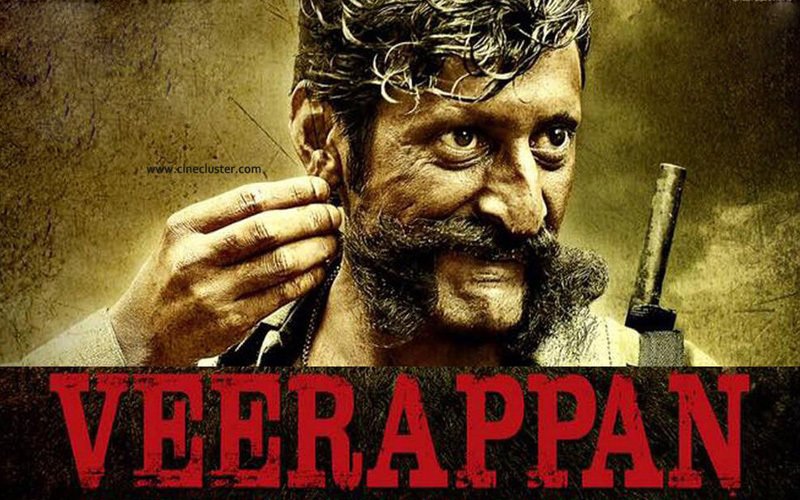
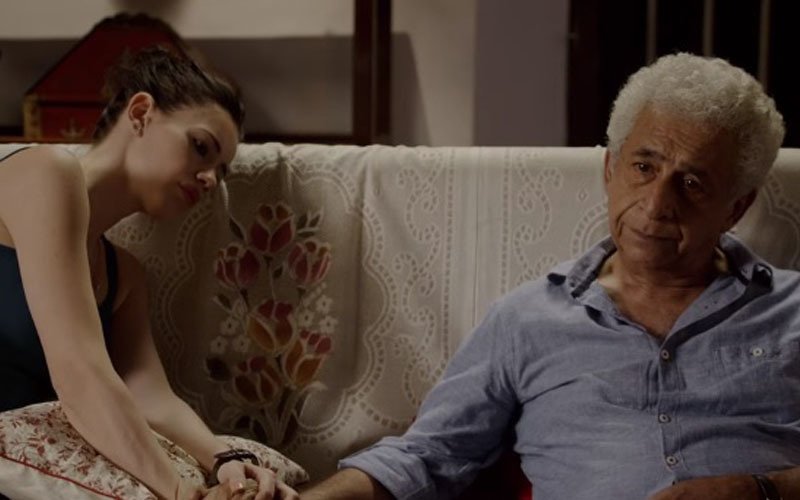

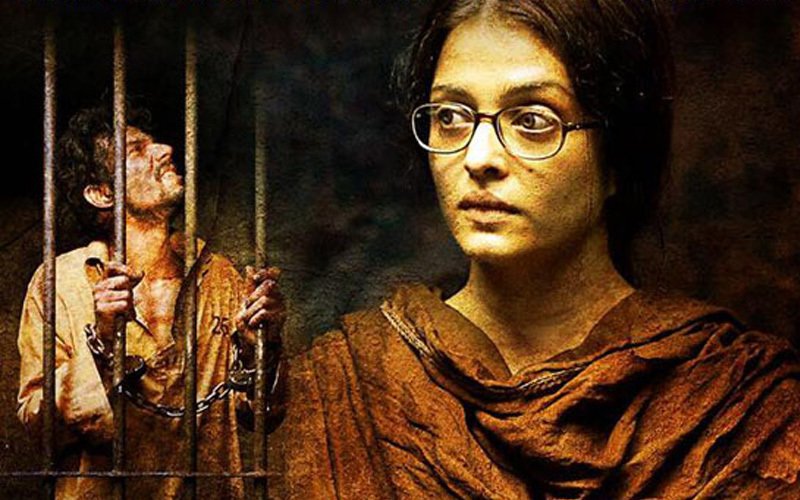

__2024-11-22-6-45-35_small.jpg)
